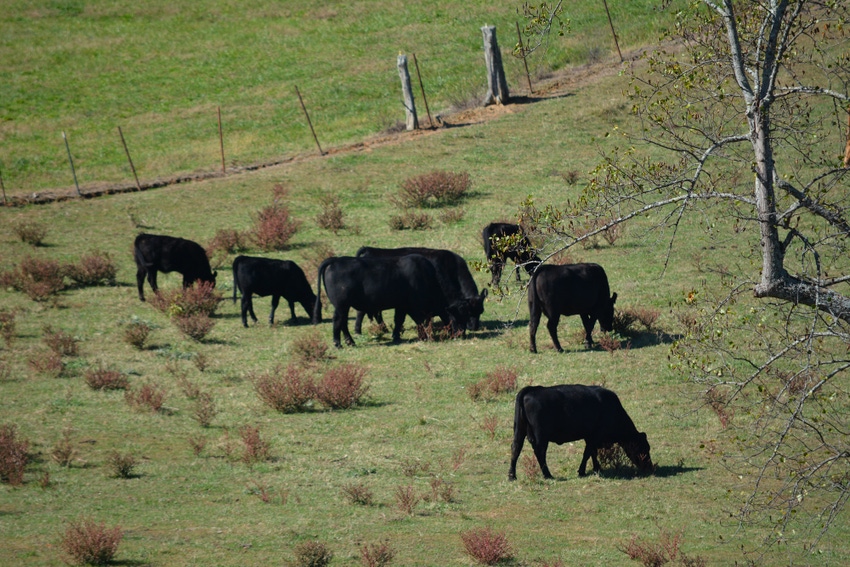
Fifth generation California rancher Kevin Kester was sworn in last week as the new president of the National Cattlemen’s Beef Association (NCBA) at their annual convention in Phoenix, and he wasted little time echoing the 2018 priorities set by the group during the meeting.
At the top of list for the group is the new farm bill and also trade and market access. Kester said these issues will be major areas for lobbying efforts in Washington in 2018.
A document outlining other policy priorities for the new year was released following the convention, designating three other important areas of concern for the association. They include regulatory reform, antimicrobial issues, and fake meat, the latter of which represents the first time NCBA has officially acknowledged a concern with the growing “fake meat” movement. According to NCBA sources, fake meat includes cultured meat grown from animal cells and vegetable-based protein products that claim to look and taste like beef.
While NCBA officials report they are not concerned with the process used in the manufacture of meat substitutes, they do question misleading names and labels associated with many of those products. The policy priority concerning such products is that rules should be adopted to limit or prevent labels from using terms like beef, hamburger and steak to describe alternative meat products.
Critical Issues
Concerning antimicrobial use, Kester says the Association's aim is to secure a clean Animal Drug User Fee Act (ADUFA) reauthorization. ADUFA gives FDA the authority to collect user fees from the animal health industry and has enabled FDA to speed up the application review process for pioneer and generic new animal drugs without compromising the quality of the agency’s review. NCBA and other meat production groups want assurance that the industry has the opportunity for constructive input into the process of developing, managing and reporting use.
Other priorities expressed at the NCBA convention included farm bill funding specifically related to funding a comprehensive foot and mouth disease vaccine bank. Of equal concern are issues including "disruptive policies" like mandatory COOL (country of origin) labeling, and the continuation of protective programs like the Environmental Quality Incentives Program, or EQUIP, that provides assistance with environmental resources such as protecting soil, water and air quality.
Another issue that merits attention is related to finding a solution to new mandates for electronic logging devices (ELD). Truckers hauling livestock received a 90-day waiver from the Electronic Logging Device, or ELD use mandate, but NCBA and the industry-at-large is hoping for a longer-term solution.
The rule was set to go into effect as early as 2016, but because of an outcry from the transportation industry, the U.S. Department of Transportation delayed the regulation. Trucking fleets had until December 2017 to implement certified ELDs to record hours of operation, but fleets that were already equipped with electronic logging technology (AOBRDs) before last December now have until December 2019 to ensure compliance with the published specifications.
Also, an NCBA priority this year is the continued effort to promote federal action to replace the Waters of the United States rule (WOTUS).
Kester says cattle producers experienced some success last year related to market access and regulatory reform, but their many efforts in 2018 will be broader and more intense.
"We’re going to continue to ensure fair access to foreign markets, fight against unnecessary regulation, make sure the farm bill addresses our needs, and guarantee that consumers have the ability to purchase a safe, healthy, accurately labeled protein source," he said following the convention.
Kester and family raise cattle and wine grapes on their 22,000 acre ranch near Parkfield, California. He formerly served as the president of the San Luis Obispo County Cattlemen's Association and as President of the California Cattlemen's Association. Kester is also a member of the California Association of Winegrape Growers and the Paso Robles Wine Country Alliance.
About the Author(s)
You May Also Like






